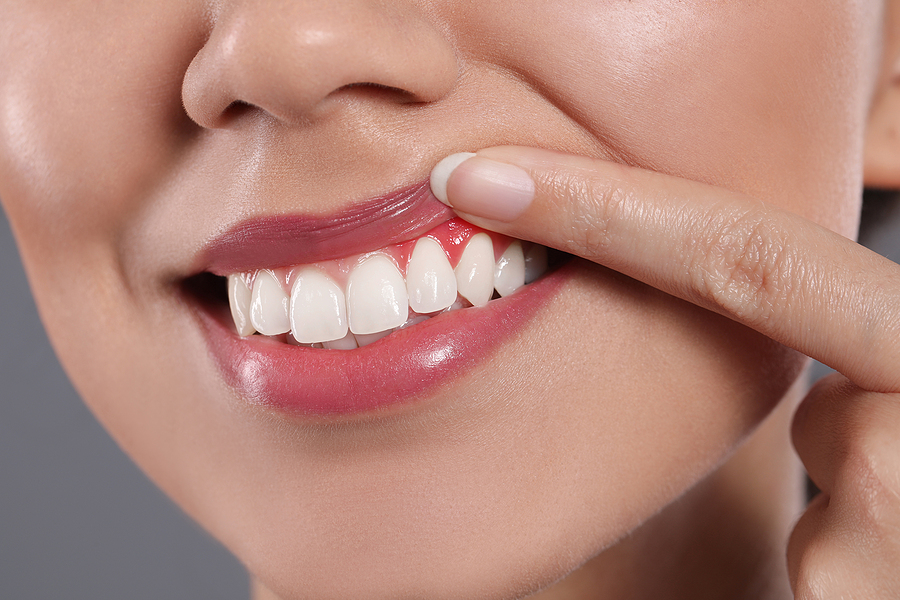
Root Canal Therapy
The root canal is the central cavity of teeth that houses the nerves and the blood vessels. A root canal infection occurs when a cavity or an injury to the teeth become so severe that it affects the pulp and the tooth reaches the verge of failure. Root canal therapy is the last resort treatment procedure to save such teeth.
Symptoms of a root canal infection
- The pulp of the teeth gets inflamed and undergoes decay.
- Severe pain near the infected tooth, combined with bleeding and release of pus.
- The infected tooth would experience elevated levels of sensitivity to hot and cold foods.
- Persistent bad breath.
- The gums around the tooth experience swelling and redness.
- In extreme cases, the tooth may loosen from its socket due to jawbone deterioration, resulting in tooth loss.
How is root canal therapy performed?
A well-trained endodontist performs root canal therapy. The endodontist examines the teeth to determine the severity of the condition and takes x-rays of the mouth to check for any signs of jawbone deterioration. The tooth and the surrounding gums are numbed using local anesthesia to ensure maximum comfort during the procedure.
A small hole is made on the infected tooth and tiny dental files are used to extract the infected pulp from within the cavity. Since the microbes could adhere to the walls of the root canal cavity, we would scrub them using the files. A small amount of biocompatible medication would be placed in the tooth in order to prevent the infection from occurring again. The hole would be sealed off using a tooth-colored composite filling.
Post therapy care
After root canal therapy, the tooth would tend to become weaker as it has no nourishment. Chances run high that it could crumble when the patient bites or chews something hard. Hence, the dentist would usually recommend a restoration in the form of a dental crown. The crown would hold the tooth intact and prevent it from falling. Also, the crown would cover any discoloration that usually occurs when a tooth undergoes a root canal therapy.
Eating foods that are too hot, cold or spicy should be avoided for a few weeks after the therapy. Also, chewing food on the side of the treated tooth should be avoided as it could cause pain and hypersensitivity. Maintaining optimum oral health by brushing and flossing is essential to avoid the chances of infection.
Schedule an appointment with Arden Dental Center to learn more about taking care of your oral health. We are located at 531 E. Roosevelt Road, Suite 100, Wheaton, IL 60187. Contact our team at (630) 529-0303 or visit our website to book a consultation.
Office Hours
MON9:00 am - 5:00 pm
TUE9:00 am - 3:00 pm
WED9:00 am - 5:00 pm
THU10:00 am - 6:00 pm
FRI - SAT8:00 am - 1:00 pm
SUNClosed






comments